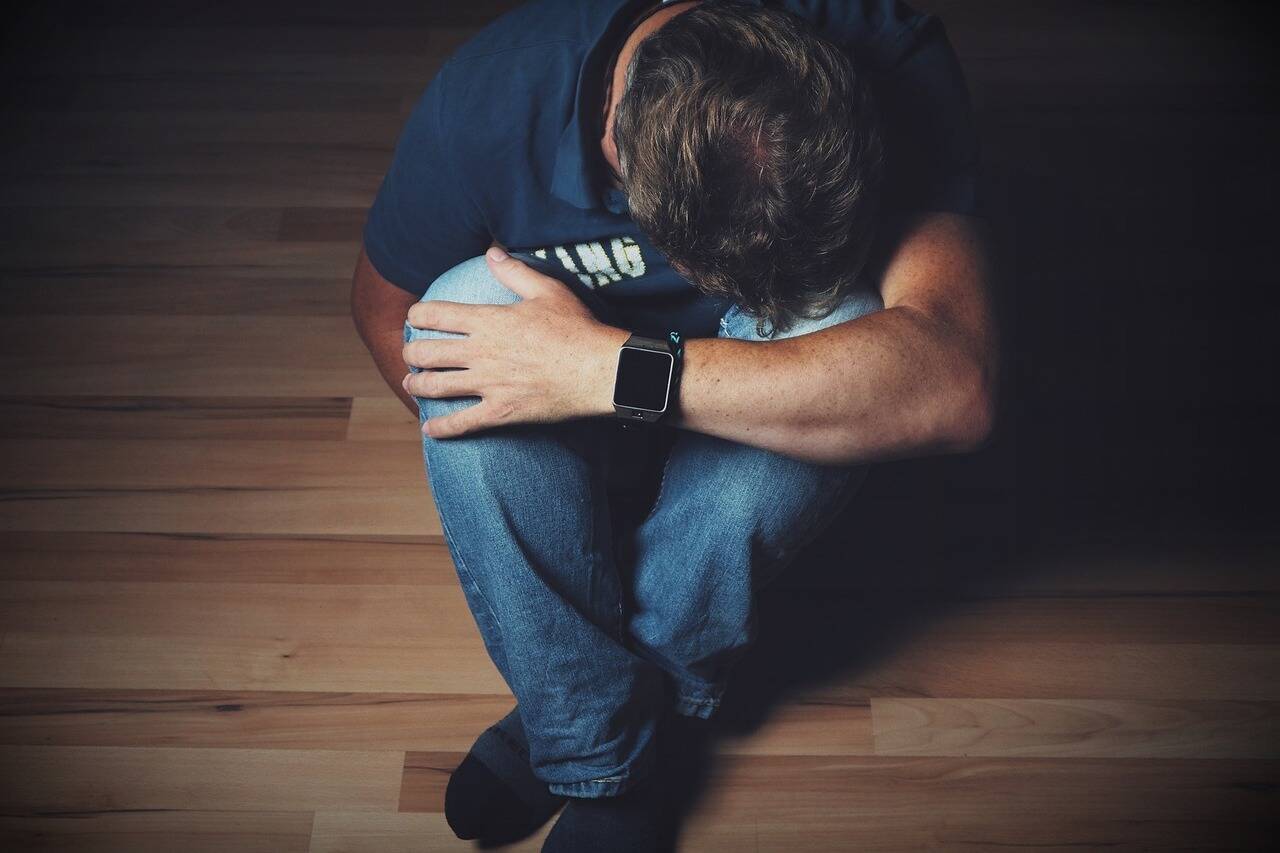Warning: This story contains content that could be triggering to some
As the calendar turns to June, it is now Men’s Mental Health Awareness Month, an area that’s often overlooked.
Men are over-represented in all of these statistics around being unhoused, drug abuse, alcohol abuse and suicide, said Carol Bilson, director of operations at the Anti-Violence Project.
“About 70 per cent who commit suicide are male,” she said.
In 2022, of the more than 227 British Columbians who died of suicide, 184 were men. Additionally, there were 2,511 toxic drug deaths in 2023, and 71 per cent of those were men, according to the BC Centre for Disease Control.
While the feminist movement did wonders for feminism and what it meant to be a woman, said Bilson, a similar movement within men is needed but has yet to happen.
“Our society just hinders men’s capacity to connect and relate to others,” she said.
This can mean having a more challenging time processing trauma, dealing with rejection and becoming violent towards either the person they were interested in or themselves.
“The gender expectation that we put on men and masculinity is unnecessary and doubles down the harm.”
Suicide is the second or third leading cause of death for men aged 19 to 44 and for men aged 15 to 25. Outside of motor vehicle accidents, there is little else killing them, said John Oliffe, research chair in the Men’s Health Research Program at UBC.
For many years, we’ve discussed how traditional ideas of masculinity may have been unhelpful to many men, Oliffe said. Now, there’s a focus on the concept of toxic masculinity and the negative behaviours associated with it.
“When you’re young, you especially buy into the norms that guide your identity, your role, and sometimes your values, which can be persuasive for many young guys.”
Bilson said young men and boys are told to bury most of their emotions and are often left with two feelings — anger and happiness.
“We haven’t created a society where it’s safe for men to feel. We don’t want to be in proximity to men suffering. Two things have to happen. We must get close to men’s pain and suffering and understand what’s happening.”
Bilson previously worked with abuse survivors and was compelled to start helping to heal men after listening to the women she had been counselling.
“As someone who supports survivors of violence and someone who works with men, I feel like we cannot separate those two. The health and mental health of men determines the safety of women.”
Gender expectations, in general, are archaic, but expectations around masculinity have not been needed for a long time, Bilson said.
“All those things left these old notions that only men provide and protect. And that’s all we require of them, to bring home the bacon. We did a disservice to men, genuinely,” added Bilson.
“Men are being asked to reimagine masculinity, and I think it’s because of society’s ideas of what women were supposed to do, and who was supposed to bring the income and who was supposed to raise children. All of that has been completely flipped on its head.”
Increasingly, some young men have started turning to ‘toxic’ male influencers.
“The masculinity that they’re projecting, first of all, is a familiar masculinity,” Bilson said.
It doesn’t ask people to change, she said.
“I always say, the patriarchy sells men fake power. It’s an external power. And it’s a fake power structure.”
More men are needed in caring professions like nursing, therapy and education, said Carl Haynes, Men’s Education & Research Coordinator at the Anti-Violence Project.
“With the baby boomers aging out and going into retirement and old age, there’s going to be an increased need for these care professions,” Haynes said.
An increasing lack of male educators has also worried Haynes, as there is a lack of positive male role models for young men.
“This is where you see other men stepping in, through social media and filling the gap,” Haynes said.
In May, Our Place in Victoria surveyed the unhoused along Pandora Avenue.
“It is about 77 per cent,” said Grant McKinnon, communications director at Our Place. “Usually, it is about 80 per cent.”
On the vulnerability index, when it comes to the unhoused, men are less likely to move into supportive housing, with the average age of a male on the street being 55.
When it comes to unhoused youth, about 63 per cent of young people in shelters are male.
The reasons why men and women are unhoused are complex, but generally, men are not running and hiding from abusive spouses. And men might find themselves on the street after a mental health concern or an injury.
There is a lot of shame around being unhoused, even for those who eventually find a house. Many men do not want to share their experiences for fear of being negatively judged, said McKinnon.
“Adding to the problem, men often go into the bushes like a wounded animal and isolate themselves,” McKinnon said.
It is up to men to help fix other men. Women have been doing the heavy lifting for too long, according to Bilson and is one of the driving forces behind a popular social media trend where women are choosing to find a metaphorical bear in the forest rather than date a man.
“It is a very legitimate concern. Because the struggle might be ongoing and permanent, and to be assaulted, to be sexually assaulted, to be abused, to be humiliated, has long-term lifetime impacts.”
It will be a one-time experience, and it’ll probably be done, versus a long time of suffering and trying to recover your self-esteem and sense of self-worth,” Bilson said.
READ MORE:‘Very exciting’: New View Royal women’s recovery centre coming in the fall

